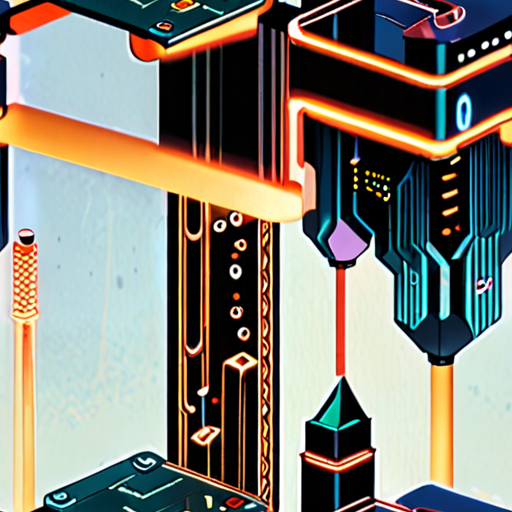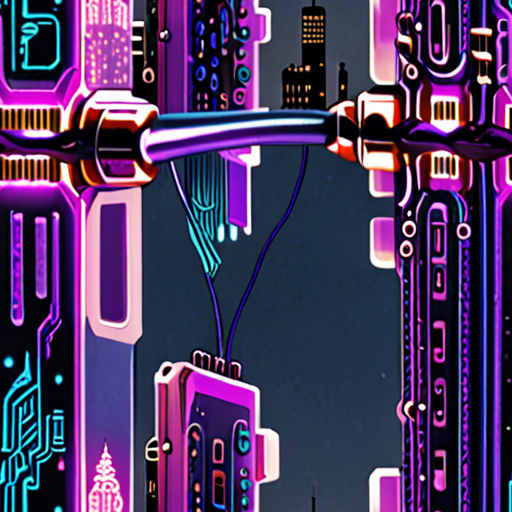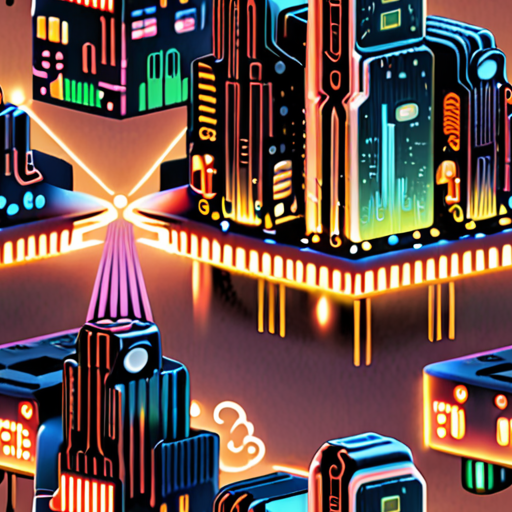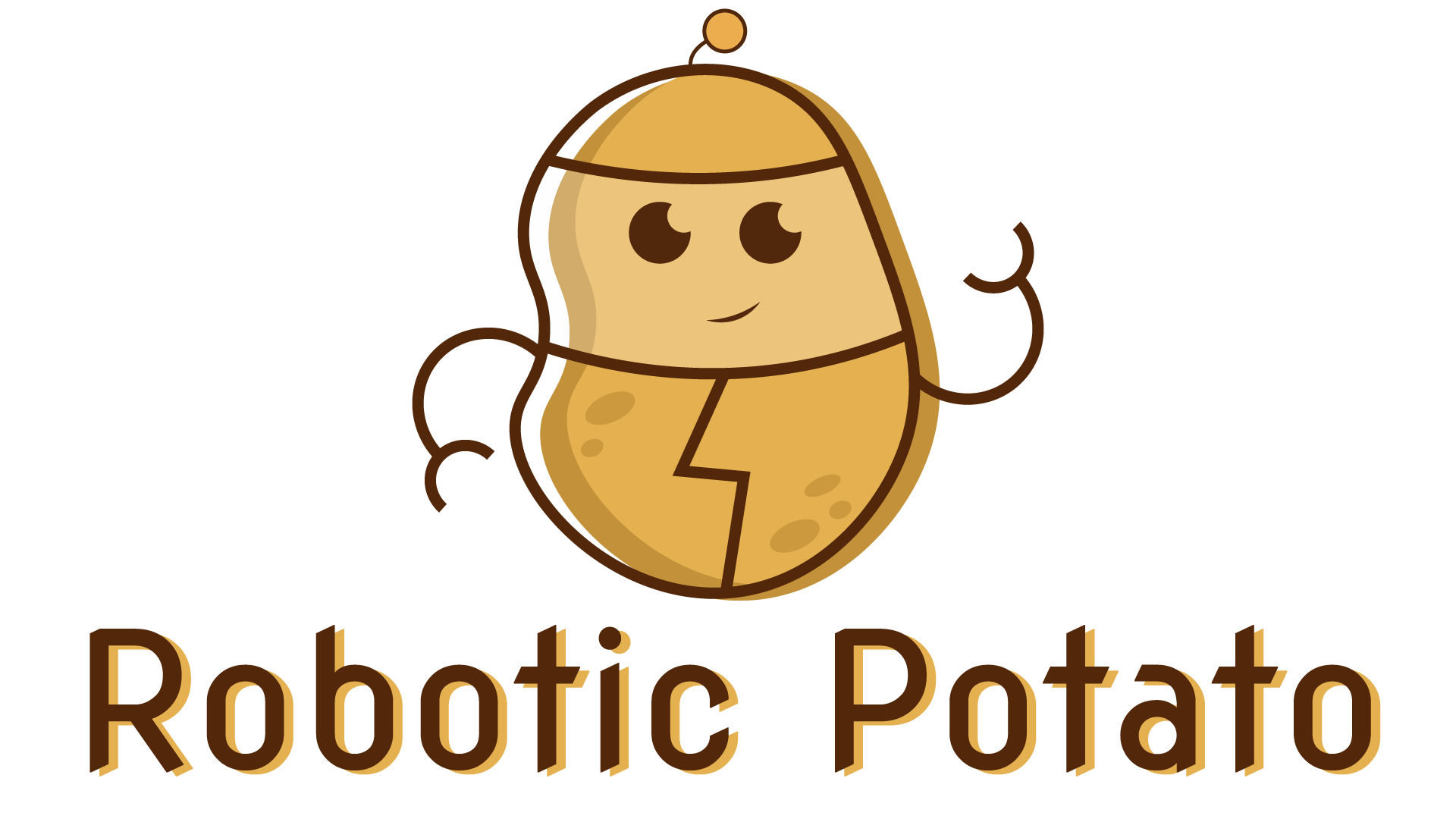In today’s fast-paced digital landscape, creative professionals are constantly seeking innovative ways to streamline their workflows, enhance their skills, and stay ahead of the competition. For digital creators, artificial intelligence (AI) has emerged as a game-changing technology, offering unparalleled opportunities to unlock new levels of creativity, efficiency, and productivity. By harnessing the power of AI software, content creators can automate repetitive tasks, explore fresh ideas, and produce high-quality content at unprecedented speeds. From generating engaging social media posts to crafting compelling articles and videos, AI-powered tools are revolutionizing the way we work and creating new possibilities for artistic expression.

Unlocking the Power of AI for Content Creators
As a content creator, leveraging Artificial Intelligence (AI) can revolutionize your workflow, increase productivity, and elevate the quality of your content. To harness the full potential of AI, it’s essential to understand how to effectively integrate these tools into your creative process.
Understanding AI Writing Assistants
AI writing assistants are designed to aid content creators in generating high-quality content quickly and efficiently. These tools utilize machine learning algorithms to analyze vast amounts of data, identify patterns, and produce coherent text based on the input provided. By utilizing AI writing assistants, you can streamline your content creation process, reduce writer’s block, and focus on high-level creative decisions.
To get the most out of your AI writing assistant, it’s crucial to provide it with context. This involves crafting detailed content briefs that outline your target audience, key messages, and desired outcomes. A well-crafted brief serves as a roadmap for the AI, ensuring that it generates relevant and targeted content that resonates with your audience.
Key Benefits of AI for Content Creators
- Increased Productivity: AI writing assistants can significantly reduce the time spent on content creation, allowing you to focus on other aspects of your business.
- Improved Quality: AI-generated content can be refined and edited to meet the highest standards of quality, resulting in polished and engaging content.
- Enhanced Creativity: AI can assist in brainstorming ideas, suggesting alternative perspectives, and even helping to overcome writer’s block.
- Scalability: AI enables content creators to produce large volumes of content quickly and efficiently, making it an ideal solution for businesses with high content demands.
Best Practices for Using AI in Content Creation
- Define Clear Objectives: Establish specific goals and objectives for your content, ensuring that the AI aligns its output with your vision.
- Choose the Right Tools: Select AI writing assistants that cater to your needs, considering factors such as ease of use, customization options, and integration capabilities.
- Monitor and Refine: Continuously evaluate the performance of your AI writing assistant, refining its output and adjusting settings as needed to optimize results.
- Human Touch: Remember that AI-generated content requires human oversight and editing to ensure accuracy, coherence, and overall quality.
Conclusion
By embracing AI as a content creation tool, you can unlock new levels of productivity, creativity, and quality. By understanding how to effectively integrate AI writing assistants into your workflow, you’ll be able to produce high-quality content that resonates with your audience and drives business success.
The Best AI for Content Creators
As a content creator, choosing the right AI tool can be overwhelming due to the numerous options available.
- Content Generation: I highly recommend Jasper for its exceptional content generation capabilities. Jasper uses advanced algorithms to produce high-quality content quickly and efficiently.
- AI Writing Assistants: Another excellent option is ProWritingAid , which offers a comprehensive suite of writing tools, including grammar and spell checkers, plagiarism detectors, and style editors.
- Chatbots and Conversational AI: For chatbots and conversational AI, I suggest checking out Dialogflow , a popular platform for building conversational interfaces.
- Image Generation: If you’re looking for an AI tool to generate high-quality images, consider DALL-E , a cutting-edge platform that uses AI to create stunning visuals.
- SEO Optimization: To optimize your content for search engines, I recommend using Ahrefs , a powerful toolset for keyword research, backlink analysis, and content optimization.
When selecting the best AI for content creators, it’s essential to consider your specific needs and goals. Each of these tools excels in different areas, so take the time to explore and find the perfect fit for your content strategy.
Key Features to Consider
- Content Quality: Look for AI tools that produce high-quality content, free from errors and inconsistencies.
- Customization Options: Choose AI tools that offer flexible customization options to suit your unique content needs.
- Integration Capabilities: Select AI tools that seamlessly integrate with your existing workflow and content management systems.
- Scalability: Opt for AI tools that can scale with your growing content demands, ensuring efficient production and delivery.
Conclusion is Not Required

Can I Sell Content Created by AI?
Selling AI-generated content is possible, but it requires careful consideration of ownership, copyright, and effective monetization strategies.
-
Ownership and Copyright
The creator of the AI model owns the rights to the generated content, unless specified otherwise in the licensing agreement.
However, the end-user who commissioned the AI-generated content may retain certain rights, depending on the agreement.
It’s essential to clarify ownership and copyright before selling AI-generated content.
-
Monetizing AI-Generated Content
To effectively monetize AI-generated content, consider the following strategies:
-
Licensing
Licensing AI-generated content allows creators to earn revenue from its use.
This can be done through various platforms, such as stock photo agencies or online marketplaces.
-
Commission-based Sales
Offer commission-based sales for AI-generated content, allowing clients to purchase customized pieces.
This approach enables creators to earn revenue based on the client’s satisfaction with the final product.
-
Subscription-based Models
Implement subscription-based models for access to exclusive AI-generated content.
This approach generates recurring revenue streams for creators.
-
-
Best Practices for Selling AI-Generated Content
To succeed in selling AI-generated content, adhere to these best practices:
-
Clearly Define Ownership and Copyright
Establish a clear understanding of ownership and copyright to avoid disputes.
-
Develop a Strong Brand Identity
Create a unique brand identity to differentiate yourself from competitors.
-
Foster Strong Relationships with Clients
Nurture relationships with clients to ensure repeat business and positive word-of-mouth.
-

Creating Digital Products with AI
As a tech enthusiast and entrepreneur, I’m excited to explore the possibilities of using Artificial Intelligence (AI) to create digital products.
- What are Digital Products?
- How Can AI Help Create Digital Products?
- Idea Generation
- Content Creation
- Product Development
- Marketing and Distribution
- Examples of AI-Powered Digital Products
- E-books and Courses
- Software and Apps
- Music and Art
- Benefits of Using AI for Digital Product Creation
- Increased Efficiency
- Improved Quality
- Cost Savings
- Conclusion
Digital products refer to intangible goods that can be created, distributed, and consumed digitally. Examples include e-books, software, courses, and even music.
AI can assist in various stages of digital product creation, from idea generation to final production. Here are some ways AI can help:
AI-powered tools like language generators and image creators can help generate ideas for digital products.
AI can assist in writing, designing, and editing digital content, such as e-books, articles, and social media posts.
AI can aid in developing software, apps, and games by automating tasks, suggesting improvements, and optimizing code.
AI can help with marketing and distribution strategies, such as personalized recommendations, email marketing, and social media advertising.
Here are some examples of digital products that have been created using AI:
AI-generated e-books and courses on topics like programming, marketing, and entrepreneurship have become increasingly popular.
AI-assisted software development has led to the creation of innovative apps, such as virtual assistants and language translation tools.
AI-generated music and art have gained recognition, with some artists even collaborating with AI algorithms to create unique pieces.
Using AI for digital product creation offers several benefits, including:
AI can automate repetitive tasks, freeing up time for more creative and high-value work.
AI can assist in refining and perfecting digital products, resulting in higher-quality outputs.
AI can reduce costs associated with manual labor, equipment, and materials.
In conclusion, AI has revolutionized the way we create digital products, offering numerous benefits and opportunities for entrepreneurs and businesses alike.
Can I Legally Use AI-Generated Art?
The US Copyright Office has stated that AI systems are not eligible for copyright protection under current law.
- However, works created with the assistance of AI may be eligible if they reflect creative expression from a human author
- This means that AI-generated art can still be copyrighted if a human artist has made significant contributions to its creation
- For example, if a human artist uses an AI tool to generate a painting, but then adds their own unique touches and style, the resulting artwork could potentially be eligible for copyright protection
Understanding AI-Generated Art and Copyright Law
Copyright law can be complex, and the rules surrounding AI-generated art are still evolving
- AI systems are not considered authors under current copyright law, which means they cannot hold copyrights themselves
- However, human artists who use AI tools to create artworks may still be able to claim copyright protection for their work
- To determine whether an AI-generated artwork is eligible for copyright protection, courts will likely consider factors such as the level of human involvement in its creation, the originality of the artwork, and the extent to which the AI tool was used to generate the final product
Best Practices for Using AI-Generated Art
If you’re considering using AI-generated art in your projects, here are some best practices to keep in mind:
- Maintain transparency about the role of AI in the creation process
- Clearly attribute the work to the human artist who contributed to its creation
- Be aware of the potential risks and limitations associated with using AI-generated art, particularly in terms of copyright and ownership
Conclusion
While AI-generated art raises important questions about copyright and ownership, it’s clear that human artists can still play a significant role in the creative process
By understanding the laws and regulations surrounding AI-generated art, you can ensure that your work is protected and respected

The Most Profitable Digital Product
We’ve analyzed various digital products and identified the most profitable ones based on market demand, customer satisfaction, and revenue potential.
- E-learning Courses: Online courses have become increasingly popular due to their convenience and flexibility. Platforms like Udemy, Coursera, and edX offer a wide range of courses on various subjects, making them a lucrative option for creators.
- Software as a Service (SaaS): SaaS products have gained immense popularity in recent years, with many companies adopting cloud-based software solutions. Examples include project management tools like Trello and Asana, customer relationship management (CRM) software like Salesforce, and accounting software like QuickBooks.
- Digital Art and Graphics: With the rise of social media and online platforms, digital art and graphics have become highly sought-after. Creators can sell their work on platforms like Etsy, Redbubble, and Society6, or offer custom services to clients.
- Membership Sites: Membership sites offer exclusive content, discounts, or services to members who pay a recurring fee. These sites can be created around various niches, such as fitness, finance, or entertainment.
- Online Communities: Online communities centered around shared interests or hobbies have become increasingly popular. Platforms like Discord, Slack, and Facebook Groups allow creators to build and monetize their communities through subscriptions, advertising, or sponsored content.
Key Factors Contributing to Profitability
The profitability of digital products depends on several factors, including:
- Market Demand: Products that meet real-world needs or solve problems tend to be more profitable.
- Competition: A competitive market can drive prices down, reducing profit margins.
- Marketing and Sales Efforts: Effective marketing and sales strategies can increase visibility and conversion rates.
- Quality and Relevance: High-quality products that resonate with customers are more likely to generate revenue.
Conclusion
In conclusion, the most profitable digital products are those that cater to real-world needs, have low competition, and are marketed effectively. By understanding these factors and creating high-quality products, entrepreneurs can increase their chances of success in the digital marketplace.

0 Comments